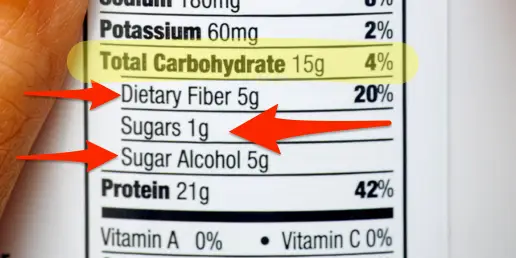Introduction
The heart, often referred to as the “beat of life,” is an incredible organ responsible for pumping blood and supplying oxygen and nutrients throughout our bodies. It is vital to prioritize heart health, as cardiovascular diseases continue to be a leading cause of mortality worldwide. The Cardiologist at Optimal Heart Center is recognized for their expertise and commitment to providing excellent cardiovascular care. In this article, we will explore the essential role of a cardiologist in protecting and maintaining the health of your most vital organ, the heart.
Understanding the Cardiovascular System
The Marvels of the Human Heart
The human heart is a remarkable muscle that beats approximately 100,000 times a day, tirelessly ensuring the circulation of blood. It consists of four chambers – two atria and two ventricles – that work together in a synchronized manner to maintain a steady flow of oxygenated and deoxygenated blood. Understanding the intricacies of the cardiovascular system is fundamental to appreciating the significance of cardiologists in safeguarding heart health.

The Role of a Cardiologist
Expertise in Cardiovascular Health
A cardiologist is a medical specialist who possesses extensive knowledge and expertise in diagnosing, treating, and preventing heart-related conditions. These professionals undergo years of rigorous training to become well-versed in the complexities of the cardiovascular system. Their primary goal is to promote heart health, manage cardiovascular diseases, and improve the overall well-being of their patients.
Diagnosis and Screening
One of the key responsibilities of a cardiologist is to conduct thorough evaluations and screenings to detect potential heart issues. They employ various diagnostic tools and tests, such as electrocardiograms (ECGs), stress tests, echocardiograms, and cardiac catheterizations, to assess the structure and function of the heart. Early detection plays a crucial role in preventing the progression of cardiovascular diseases.
Preventive Measures for Heart Health
Lifestyle Modifications
Cardiologists play a pivotal role in advocating and guiding individuals toward adopting a heart-healthy lifestyle. They emphasize the significance of regular exercise, a balanced diet, weight management, smoking cessation, and stress reduction techniques. These lifestyle modifications significantly reduce the risk factors associated with heart disease and promote overall cardiovascular well-being.
Medication Management
In cases where lifestyle changes alone may not be sufficient, cardiologists prescribe and manage medications to control blood pressure, cholesterol levels, and other cardiovascular conditions. They carefully evaluate individual patient needs, monitor medication efficacy and side effects, and make necessary adjustments to optimize heart health.
Advanced Treatment and Intervention
Cardiac Procedures
Cardiologists are highly skilled in performing a wide array of cardiac procedures and interventions. These may include angioplasty, stent placement, pacemaker implantation, cardiac ablation, and even complex surgeries like coronary bypass grafting. These interventions aim to restore blood flow, repair structural abnormalities, and improve overall heart function.
Collaboration with Multidisciplinary Teams
Cardiologists often collaborate with other medical specialists, such as cardiac surgeons, cardiac rehabilitation specialists, and nutritionists, to provide comprehensive care for their patients. This multidisciplinary approach ensures that individuals receive well-rounded treatment, rehabilitation, and support throughout their heart health journey.
The Importance of Regular Check-ups
Routine Heart Health Evaluations
Regular check-ups with a cardiologist are essential, even for individuals without apparent heart-related symptoms. These evaluations provide an opportunity for early detection of potential cardiovascular issues and allow cardiologists to monitor and manage existing conditions effectively. Timely intervention can significantly improve outcomes and prevent complications.
Patient Education and Empowerment
Cardiologists serve as educators and empower patients to actively participate in their heart health management. They provide valuable information about heart disease prevention, risk factor management, medication adherence, and lifestyle modifications. By understanding their condition and making informed choices, individuals can take control of their heart health and lead fulfilling lives.
Conclusion
The heart is undoubtedly one of the most vital organs in the human body, responsible for sustaining life through its continuous rhythm. Cardiologists play a crucial role in protecting and nurturing this extraordinary organ. Through their expertise, preventive measures, advanced treatments, and patient-centered care, cardiologists empower individuals to lead heart-healthy lives and reduce the burden of cardiovascular diseases.



